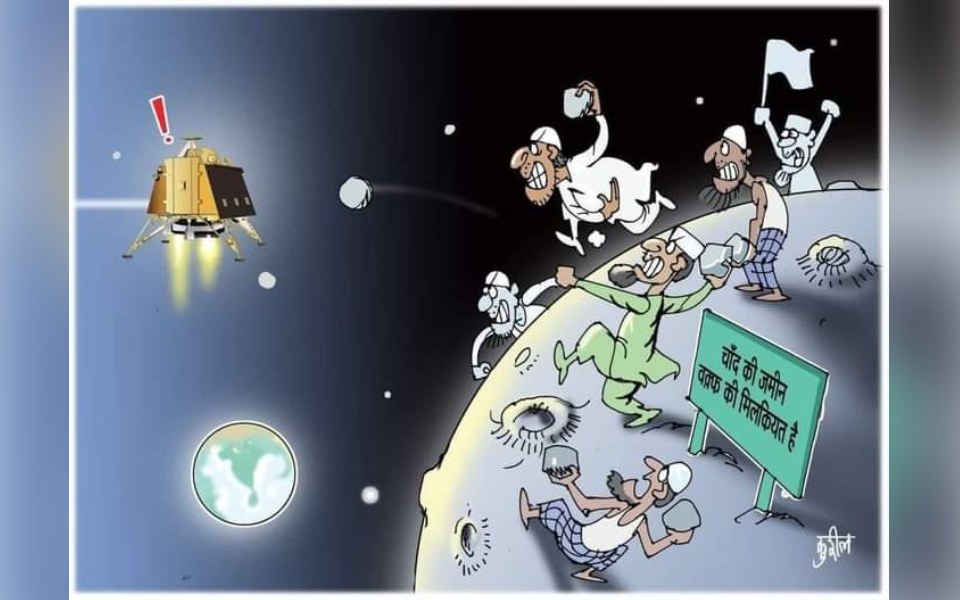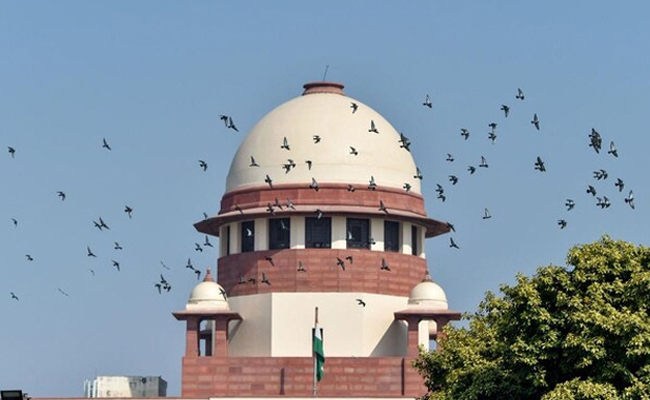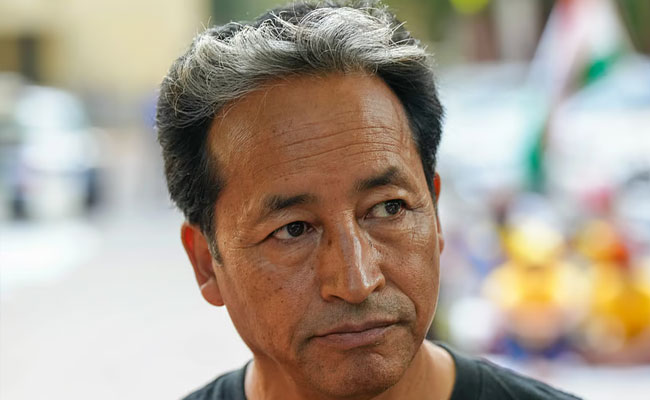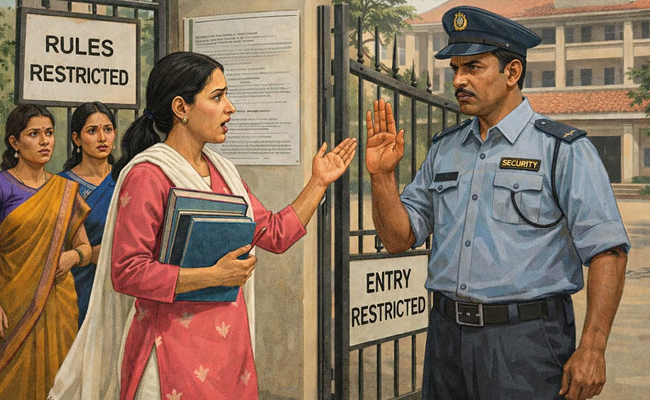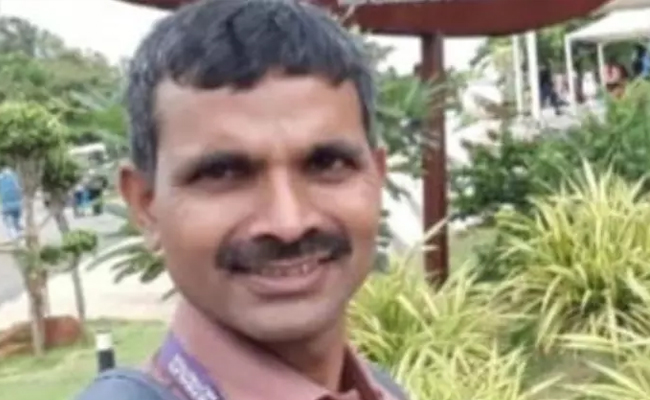New Delhi: Suresh Chavhanke, the editor of Sudarshan News, a media outlet known for its polarizing content, recently posted a cartoon on social media platform X, formerly known as Twitter, which has sparked controversy.
The cartoon, accused of being anti-Muslim and inflammatory, depicts Muslims throwing stones at Chandrayaan 3, India's third lunar exploration mission by the Indian Space Research Organisation (ISRO).
The cartoon features characters dressed in traditional Kurta Pajamas and wearing skull caps, symbolically shown hurling stones at the Chandrayaan 3 lander. The illustration also includes a display board with the text in Hindi reading, "chand ki Zameen waqf ki milkiyat hai," which translates to "The Moon's land belongs to Waqf," a statement that appears to mock the Waqf board.
Chavhanke had previously faced legal consequences for his online behavior. He was arrested on August 11 by the Cyber Crime Unit of Gurugram Police for posting an inflammatory tweet on X. The tweet in question was related to the Nuh Violence and implicated foreign media house Al Jazeera in influencing law enforcement actions that allegedly resulted in the arrest of individuals associated with the Hindutva movement.
Following his arrest, Chavhanke was granted bail. However, another individual who shared his controversial tweet was placed in judicial custody.
हाहाहा … pic.twitter.com/RvjIT4lcN7
— Suresh Chavhanke “Sudarshan News” (@SureshChavhanke) August 24, 2023
Let the Truth be known. If you read VB and like VB, please be a VB Supporter and Help us deliver the Truth to one and all.
New Delhi (PTI): Highlighting that a high acquittal rate of death row convicts by the Supreme Court and high courts demonstrates a pattern of "erroneous or unjustified convictions", a study of 10 years of death penalty data has revealed that the top court did not confirm any death sentences in recent years.
The study by Square Circle Clinic, a criminal laws advocacy group with the NALSAR University of Law in Hyderabad, found that an overwhelming majority of death sentences imposed by trial courts did not withstand scrutiny at higher judicial levels. Acquittals far outnumbered confirmations at both the high courts and Supreme Court levels.
According to the report, the trial courts across India awarded 1,310 death sentences in 822 cases between 2016 and 2025. High courts considered 842 of these sentences in confirmation proceedings but upheld only 70 or 8.31 per cent.
In contrast, 258 death sentences (30.64 per cent) resulted in acquittals. The study noted that the acquittal rate at the high court level was nearly four times the confirmation rate.
Data showed that of the 70 death sentences confirmed by high courts, the Supreme Court decided 38 and did not uphold a single one. The apex court has confirmed no death sentences between 2023 and 2025.
"Wrongful or erroneous or unjustified convictions, then, are not random or freak accidents in the Indian criminal justice system. The data indicates they are a persistent and serious systemic concern," the report said.
Over the last decade, high courts adjudicated 1,085 death sentences in 647 cases, confirming only 106 (9.77 per cent). During this period, 326 persons in 191 cases, were acquitted.
The report attributed low confirmation rates to the appellate judiciary’s concerns regarding failures in due process. "This coincides with increased Supreme Court scrutiny of safeguards at the sentencing stage," the report said.
Of the 153 death sentences decided by the apex court over the last decade, the accused were acquitted in 38 cases. In 2025 alone, high courts overturned death sentences into acquittals in 22 out of 85 cases (over 25 per cent). The same year, Supreme Court acquitted accused persons in more than half of the death penalty cases it decided (10 out of 19), the report said.
The study highlighted that 364 persons who were ultimately acquitted "should not even have been convicted and unjustifiably suffered the trauma of death row". It added that such failures extend beyond adjudication and reflect serious lapses in investigation and prosecution.
The question of remedies for wrongful convictions remains pending before the Supreme Court. In September 2025, three persons acquitted by the apex court filed writ petitions seeking compensation from the state and argued that their wrongful convictions violated their fundamental right to life and liberty under Article 21 of the Constitution.
"In 2022, the Supreme Court crystallised a sentencing process in Manoj v. State of Madhya Pradesh , and mandated all courts to follow those guidelines before imposing or confirming a death sentence," the report read.
In 2025, the apex court held in Vasanta Sampat Dupare v. Union of India that death penalty sentencing hearings form part of the right to a fair trial and stressed that capital punishment can be imposed only after a constitutionally compliant sentencing process.
"However, even at the high courts whether the process mandated under Manoj is being complied with is in doubt,” the report said.

